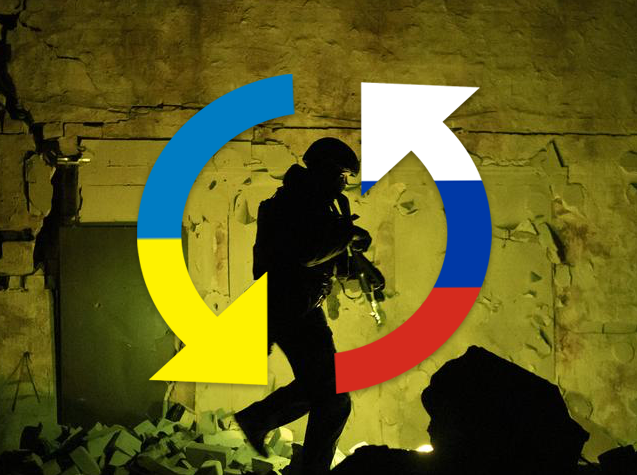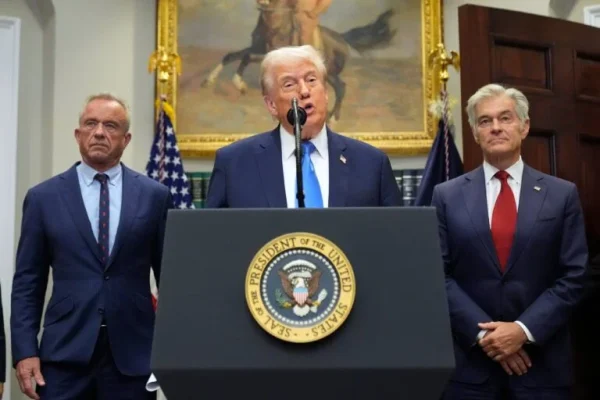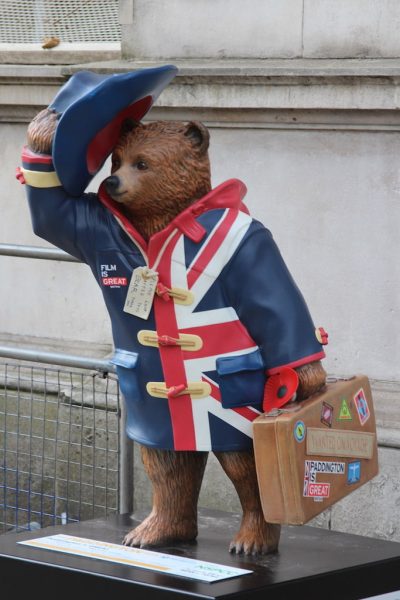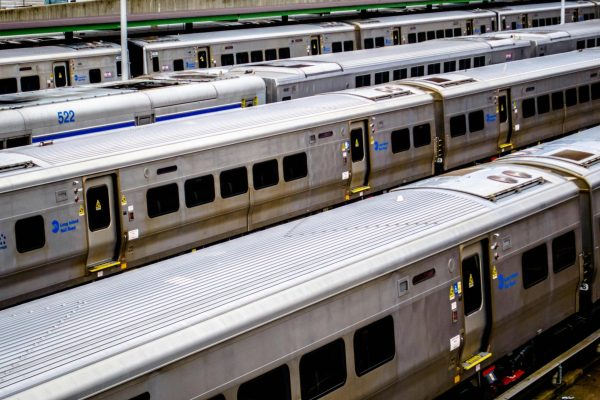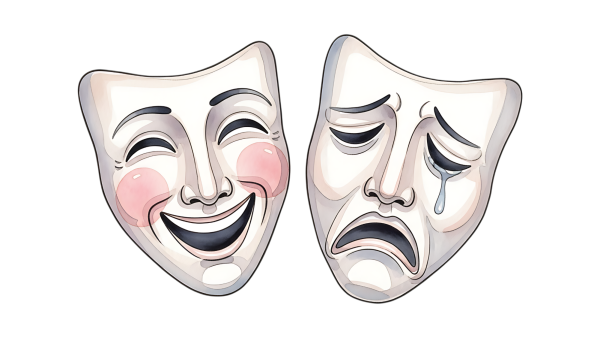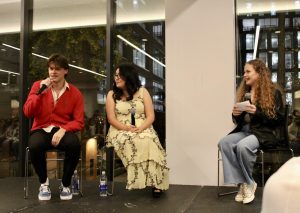University Chair of the Political Science Department sheds light on the Ukraine and Russia prisoner swap
October 10, 2022
The Russia-Ukraine conflict has world leaders on edge. Since the invasion of Ukraine in February 2022, the tensions between the countries have continued to increase and do not show signs of slowing down anytime soon. One form of cooperation between the two war-torn countries has been the introduction of exchanging prisoners.
Dr. Amy Freedman, Chair of the political science department at the University, defines the purpose and practice of prisoner swaps. “Prisoner swaps are common during times of war, although they may not happen as regularly and as humanely as many would like. The purpose is to protect human dignity, well-being and rights as much as possible during times of war.”
Dr. Freedman analyzes the reasoning behind these prisoner swaps, explaining that “[The prisoner swap] is being done both in following conventional rules of war and for practical purposes when those being exchanged are injured and can no longer participate in the war. It is also being done for political reasons when the prisoners are not Ukrainian citizens. In this case, American and British citizens, a Moroccan and a Swede fighting for Ukraine are being released. The exchange seems to mostly benefit Ukraine, but Russia may have wanted to do this to keep on good terms with Turkey and Saudi Arabia,” Dr. Freedman speculated.
Dr. Freedman also noted the important events that happened over the last week and could affect the war. She says the Russian Referendum in Russian-occupied territories was “bogus” and “not free to all people.” The Russian Referendum went from city to city and asked people to vote on becoming part of the Russian Territory, and participants were forced to vote yes.
As for the future of the two countries, Dr. Freedman says, “it is hard to see how this will end. Putin seems unlikely to accept defeat without attempting a nasty escalation of how he wages the war, and Ukraine is going to want to continue to overturn Russian gains.”
Kat Reed, a junior political science major, gave her perspective on the prisoner swap as well, expressing that she worries “about the safety of these prisoners, but [she] hope[s] the exchange will ease some tensions.”
Reed said that she is most nervous about introducing nuclear weapons in the war, “So far, it appears that Russia keeps bombing pipelines and is looking into the possibility of using nuclear weapons. I find this to be the biggest worry right now.” At this time, the Russia and Ukraine war is ongoing, and The Pace Press will follow the unfolding events closely.

